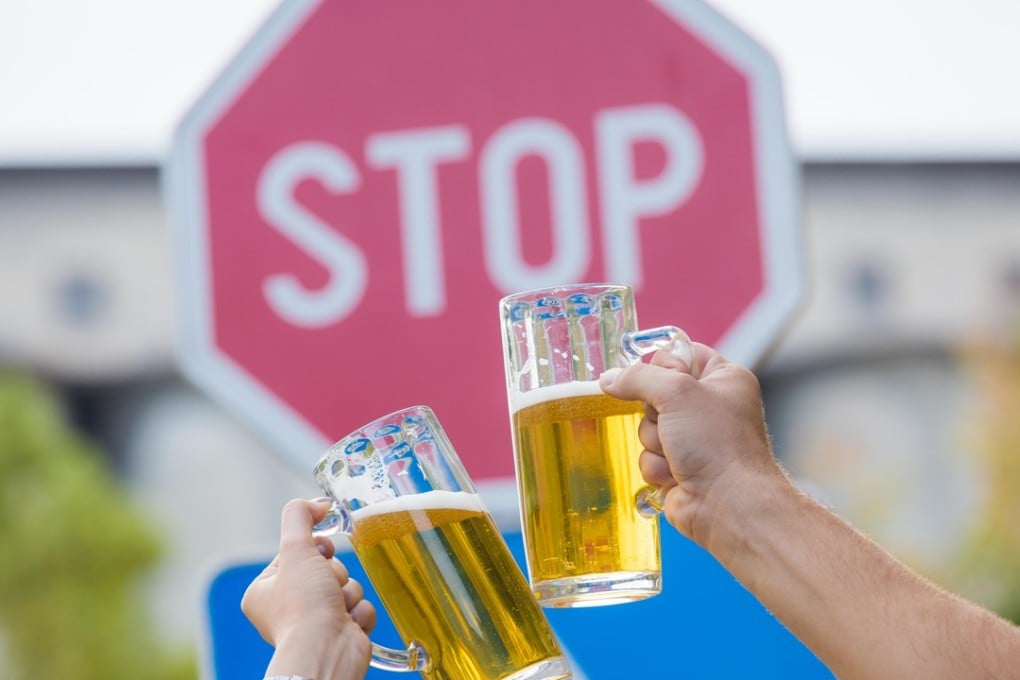Health benefits of abstinence from alcohol: two regular quitters talk about their dry spells and share tips on giving up
Some give up drinking for January, others may quit for a year. Two who’ve done it say they sleep better and feel much healthier, and medical experts agree, citing reductions in liver fat, blood sugar and cholesterol levels

It started, as these things often do, as a dare. Long-time Hong Kong resident Larry Campbell was working in the media 25 years ago and remembers being passionately against smoking.
“Hated it,” he says. “I would leave the table in a restaurant if someone lit up. Remember, this was a time when you could smoke pretty much anywhere, whether it was in the office, restaurant or bars and even certain sections on planes.”
A colleague and good friend was a chain smoker and he would habitually try to reform her. “Finally,” he says, “she told me that it would be as difficult for her to quit smoking as it would be for me to quit drinking. Now that sounded like a challenge.”

These days, growing numbers of people are taking at least a month off from alcohol to clean up their system and get a revitalised start. Here in Hong Kong, where disposable income is high and public transport efficient and plentiful, binge drinking is easy.
Business and social obligations seamlessly intertwine and are often mandatory, which is why health-conscious people choose to push back from the bar for extended periods.